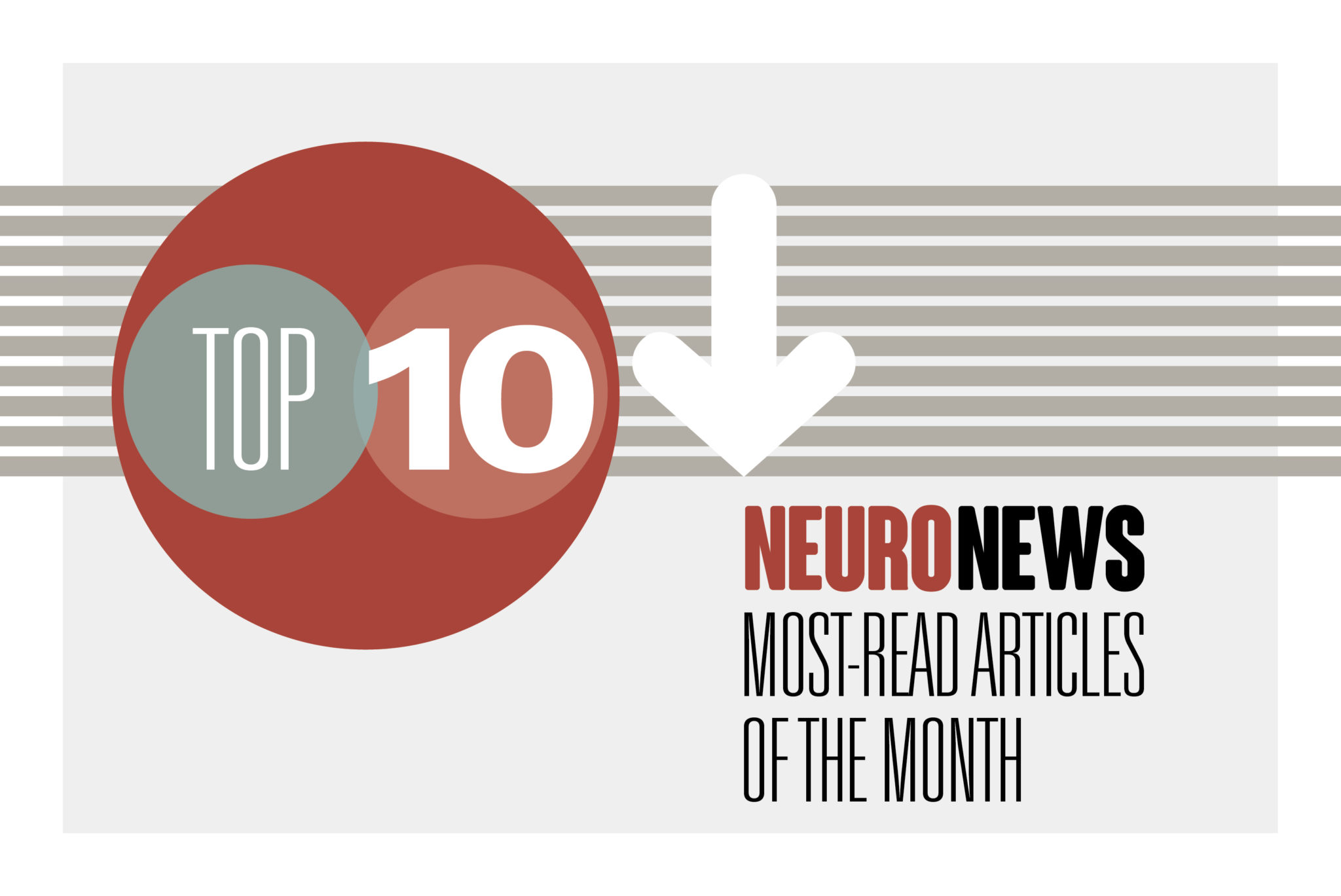 Last month saw the passing of esteemed surgeon and neuroendovascular pioneer Nick Hopkins. Given the seismic impact he had on the neurointerventional landscape and the enduring legacy he leaves behind, it is perhaps unsurprising that the news resonated across the community as NeuroNews’ most-read story from October. And, as Hopkins was a committed champion of cross-disciplinary collaboration, it is also somewhat fitting that the other articles featured in our latest top 10 come from a variety of clinical arenas—from stroke care, endovascular treatments, and neurosurgery, to vascular surgery and even neurorehabilitation.
Last month saw the passing of esteemed surgeon and neuroendovascular pioneer Nick Hopkins. Given the seismic impact he had on the neurointerventional landscape and the enduring legacy he leaves behind, it is perhaps unsurprising that the news resonated across the community as NeuroNews’ most-read story from October. And, as Hopkins was a committed champion of cross-disciplinary collaboration, it is also somewhat fitting that the other articles featured in our latest top 10 come from a variety of clinical arenas—from stroke care, endovascular treatments, and neurosurgery, to vascular surgery and even neurorehabilitation.
1. Nick Hopkins, 1943–2024: neurointerventional community mourns pioneer and “force of nature” in endovascular care
Leo Nelson (Nick) Hopkins, a world-renowned surgeon, researcher and innovator who played a pioneering role in modern neurosurgery’s shift from open- to endovascular-first techniques, has died aged 81. Hopkins passed away on 5 October at the Gates Vascular Institute in Buffalo, USA—a centre that he created and which “embodied his vision of all vascular specialists working together collaboratively”.
2. Philips and Medtronic partner to help accelerate access to life-saving stroke treatments
Royal Philips and Medtronic Neurovascular have announced a strategic advocacy partnership that will see the two companies attempt to raise awareness around potential health and economic benefits for patients, their families, and societies, regarding improved access to timely stroke diagnosis and treatment.
3. Ten years of MR CLEAN: Stroke thrombectomy’s evolution and ongoing challenges
This year, 25 October marked a full decade since the initial presentation of results from the MR CLEAN randomised controlled trial (RCT), which—along with multiple other RCTs—instigated the rapid expansion of mechanical thrombectomy in the treatment of acute ischaemic stroke. Here, two of MR CLEAN’s leading clinical investigators, Charles Majoie (Amsterdam, The Netherlands) and Diederik Dippel (Rotterdam, The Netherlands), reflect on the impact of the study and outline remaining areas for improvement regarding thrombectomy treatments.
4. Penumbra announces completion of enrolment in THUNDER IDE study
Penumbra has announced the completion of enrolment in its THUNDER investigational device exemption (IDE) clinical study for patients with acute ischaemic stroke.
5. Neurointerventionists ‘can rarely recover payment’ for out-of-network thrombectomy under US No Surprises Act
A new study has found that neurointerventionists have “essentially no financially viable access to payment recovery” through the US No Surprises Act (NSA) for professional mechanical thrombectomy out-of-network (OON) claims. The study—led by the Harvey L Neiman Health Policy Institute (HPI; Reston, USA) and recently published in the Journal of NeuroInterventional Surgery (JNIS)—generated its findings based on 1,000 simulated years of OON thrombectomy claims.
6. Synchron’s endovascular BCI achieves positive results in US COMMAND study
Synchron has announced positive results from the COMMAND study evaluating the safety and efficacy of the company’s Stentrode brain-computer interface (BCI) device in six patients over a 12-month period.
7. Contego Medical’s Neuroguard IEP system receives US FDA approval for carotid revascularisation
Contego Medical has announced the US Food and Drug Administration’s (FDA) premarket approval (PMA) of the Neuroguard IEP system for carotid revascularisation.
8. Borvo Medical gains US FDA 510(k) clearance for novel, minimally invasive SDH drainage system
Borvo Medical has announced US FDA 510(k) clearance of the Borvo Endoport Vacuum-Assisted Collection (EVAC) system—an advanced alternative to traditional subdural haematoma (SDH) drainage methods. In addition, Borvo recently presented its innovative technology at the 17th World Federation of Interventional and Therapeutic Neuroradiology (WFITN) congress (6–10 October, New York, USA).
9. Siemens Healthineers to co-lead EU UMBRELLA project aimed at improving stroke management
Siemens Healthineers has announced that it will be joining forces with more than 20 industry and public partners—including seven leading stroke hospitals—to improve stroke management for patients across Europe. With a total volume of €26.9 million, the five-year ‘UMBRELLA’ project is being funded partly by the Innovative Health Initiative (IHI), a public-private partnership for health research and innovation between the European Union and Europe’s life science industries, and partly by industry partners participating in the consortium.
10. Carotid intervention linked to improved survival versus medical management in symptomatic patients
New study data suggest that the interventional treatment of symptomatic carotid artery disease may result in an improved rate of age-adjusted overall survival compared to medical management. However, the same study—presented at this year’s European Society for Vascular Surgery (ESVS) annual meeting (24–27 September, Kraków, Poland)—also indicates a relatively low future ipsilateral stroke risk among patients who were not offered carotid intervention, highlighting medical management’s importance as a standalone strategy in patients deemed to be ‘high risk’ if treated via intervention.







